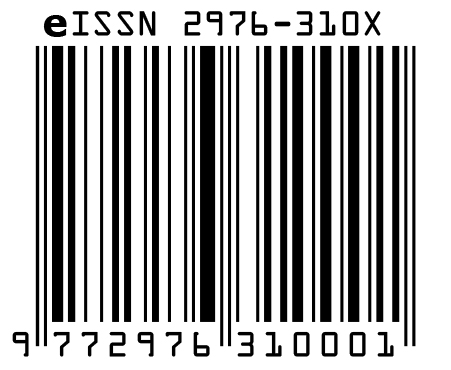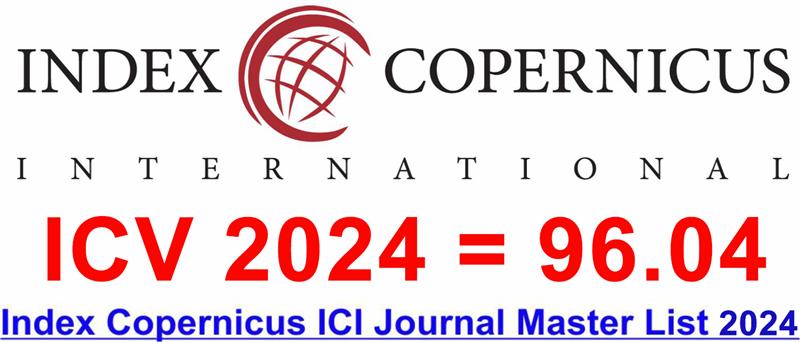Mathematics Teacher’s Perceptions of Flipped Classroom Approach towards Digital Literacy Skills
DOI:
https://doi.org/10.60072/ijeissah.2023.v2i01.005Abstract
Background: In 21st-century education, significant advancements have surfaced in digital literacy, transforming learning and teaching approaches. Methods: When addressing the competencies, teachers should be aware of the new blended teaching methods as they are the pioneers in guiding the students, the future of our nation. The flipped classroom (FC) approach is one of the popular pedagogical practices providing opportunities for students to encounter digital literacy experiences in the 21st -century. Hence this study was launched to find out the mathematic teachers’ perceptions of FC towards digital literacy skills in students. This study adopted a mixed method design; the data was collected using a questionnaire and interview. The researcher used purposive sampling to give the attitude scale questionnaire to 244 math teachers in Galle. Additionally, 10 teachers were randomly selected for in-depth interviews. Data were analyzed quantitatively using SPSS software and qualitatively using thematic analysis. Results: The result showed that many sample was in the view that the FC approach can promote teachers to become organizers of information literacy. Also, most teachers agreed that the FC approach can communicate students’ ideas with each other by utilizing multiple media and technologies. Conclusion: Findings also revealed that there were statistically significant differences in teacher perceptions due to gender in imparting digital literacy skills through FC. The results demonstrated that the sample was aware of the importance of the FC approach. Therefore, practice-oriented strategies should be used to improve mathematics teacher implementation in Sri Lanka.
Keywords:
Mathematics Teacher, Flipped Classroom (FC), Digital Literacy SkillsReferences
Bezemer,J.,& Kress, G. (2015). Multimodality, learning and communication: A social semiotic frame. London:Routledge.
Berić-Stojšić, B., Patel, N., Blake, J., & Johnson, D. (2020). Flipped classroom teaching and learning pedagogy in the program planning, implementation, and evaluation graduate course: Students’ experiences. Pedagogy in Health Promotion, 6(3), 222-228.
DeLozier, S. J., & Rhodes, M. G. (2017). Flipped classrooms: A review of key ideas and recommendations for practice. Educational psychology review, 29, 141-151. https://doi.org/10.1007/s10648-015-9356-9
Gilster, P., & Glister, P. (1997). Digital literacy (p. 1). New York: Wiley Computer Pub.
Jang, H. Y., & Kim, H. J. (2020). A meta-analysis of the cognitive, affective, and interpersonal outcomes of flipped classrooms in higher education. Education Sciences, 10(4), 115. https://doi.org/10.3390/educsci10040115
Johnson, D. W., Johnson, R. T., & Smith, K. A. (2014). Cooperative learning: Improving university instruction by basing practice on validated theory. Journal on Excellence in University Teaching, 25(4), 1-26.
Milenkova, V., & Manov, B. (2019). Mobile Learning and the Formation of Digital Literacy in a Knowledge Society. International Association for Development of the Information Society. https://eric.ed.gov/?id=ED601158
Novita, R., & Herman, T. (2021, February). Digital technology in learning mathematical literacy, can it helpful? In Journal of Physics: Conference Series (Vol. 1776, No. 1, p. 012027). IOP Publishing. doi:10.1088/1742-6596/1776/1/012027
Partnership for 21st century skills [PCS]. (2019). Framework definitions. Designed in cooperation with the National Science teachers Association 21st century.skill map. Availeble in http://www.p21.org/storage/documents/21stcskillmap_scien
Upadhyay, P., & Mohammed, L. A. (2022). Challenges of Online Modules for Task-Based Learning of Mathematics for Effective Online Teaching-Learning Process. International Journal of Emerging Issues in Social Science, Arts and Humanities (IJEISSAH), 1(1), 74-80. Retrieved from https://ejournal.lucp.net/index.php/ijeissah/article/view/1813. https://doi.org/10.60072/ijeissah.2022.v1i01.007
Yang, C. C. R. (2017). An investigation of the use of the'flipped classroom'pedagogy in secondary English language classrooms. Journal of Information Technology Education: Innovations in Practice, 16(1). https://doi.org/10.28945/3635
























